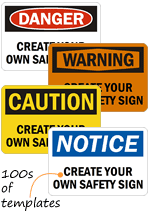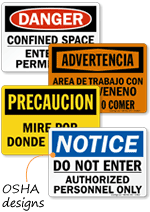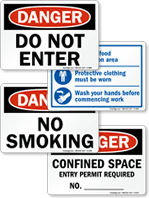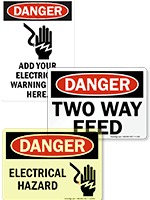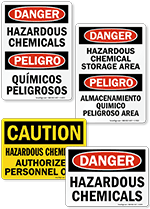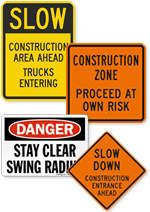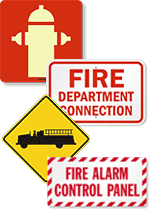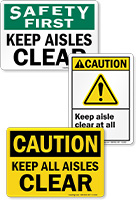West Virginia chemical spill highlights problems in regulation
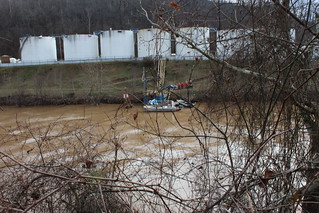
Health officials say stricter regulations could have prevented a toxic chemical from leaking into the Elk River in West Virginia. (Photo credit: WVUMC)
One month after 10,000 gallons of a toxic industrial chemical leaked into the Elk River in West Virginia, national, state and local health officials continue to disagree over the safety of the water supply, and legislators and health officials are rushing to identify the regulatory gaps that allowed the accident to happen.
Just two miles upstream from a water treatment plant in Charleston, a storage tank – described as “antique” by the deputy director of emergency services in Kanawha County – leaked a chemical called 4-methylcyclohexane methanol, abbreviated MCHM, which is used to clean coal. The leak was detected when residents began reporting the licorice-like smell that the chemical emits.
The chemical is considered hazardous by the Occupational Safety and Health Administration, and a 2005 Material Safety Data Sheet filed by Eastman Chemical – the manufacturer of the leaked chemicals – warns it can cause skin and eye irritation, and is harmful if swallowed. It is not, however, regulated, as many industrial chemicals are, under the Toxic Substances Control Act. MCHM was one of many “grandfathered” chemicals that were in commercial use prior to the 1976 Act, and therefore presumed to be safe.
Because of that, government health and safety officials, including Tanja Popovic, acting director for the Center for Environmental Health, have admitted there is little research on the safety thresholds for the chemical.
In addition, because the facility did not manufacture the chemical, produce emissions or store substances underground, it wasn’t subject to environmental regulation – including inspection of the storage tanks, according to the West Virginia Department of Environmental Protection.
The only permit required of the facility was an industrial storm water permit, which required the company to monitor stormwater runoff and “immediately report any spills” to the state.
Many health officials have long lobbied for an overhaul of West Virginia’s regulations. Following an explosion at a West Virginia chemical plant in 2008, and again in 2010, after a series of deadly accidents at another plant, the U.S. Chemical Safety Board recommended the state work with the Kanawha-Charleston Health Department to create a new prevention program that would involve government inspectors visiting the plants more often. But the recommendations were never implemented.
Rafael Moure-Eraso, chairman of the U.S. Chemical Safety Board – the independent federal agency that investigates industrial chemical accidents, said stricter regulations which have been proposed by the EPA could have prevented the incident, because the company would have been required to move the tanks and replace them with modern, leak-proof styles.
In a New York Times op-ed, Moure-Eraso said the incident – and the regulatory gaps and loopholes it exposed – should be seen as yet another indication of a nationwide “industrial chemical safety crisis,” and the need for reform.
Category: Chemicals, News, News / New Products


